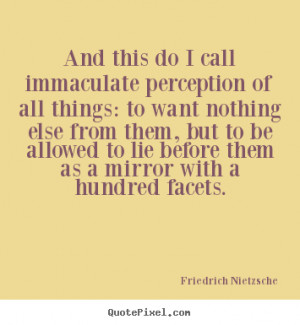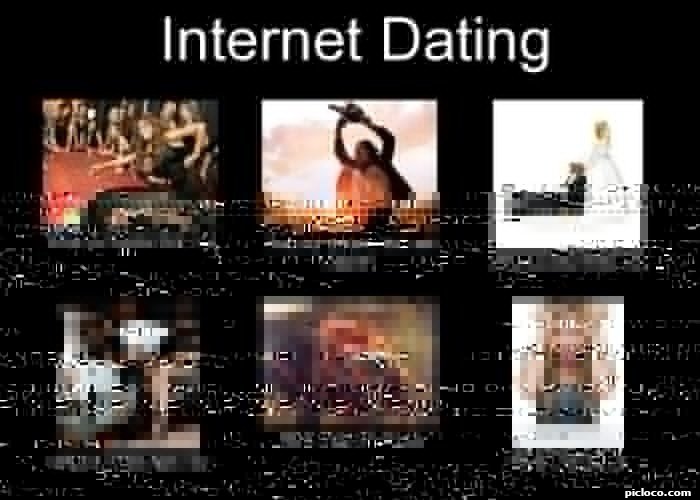

We review the theoretical models that have been proposed to explain misinformation’s resistance to correction. In this Review, we describe the cognitive, social and affective processes that make misinformation stick and leave people vulnerable to the formation of false beliefs. Thus, to understand the psychology of misinformation and how it might be countered, it is essential to consider the cognitive architecture and social context of individual decision makers. This rejection of science is not the result of mere ignorance but is driven by factors such as conspiratorial mentality, fears, identity expression and motivated reasoning - reasoning driven more by personal or moral values than objective evidence 19, 23, 24, 25, 26.

For example, some individuals deny the existence of climate change or reject vaccinations despite being aware of a scientific consensus to the contrary 21, 22.

#False perception definition drivers
However, the information deficit model ignores the cognitive, social and affective drivers of attitude formation and truth judgements 18, 19, 20. Thus, a thorough and accessible explanation of facts should overcome the impact of misinformation. However, the prevalence of misinformation cannot be attributed only to technology: conventional efforts to combat misinformation have also not been as successful as hoped 2 - these include educational efforts that focus on merely conveying factual knowledge and corrective efforts that merely retract misinformation.įor decades, science communication has relied on an information deficit model when responding to misinformation, focusing on people’s misunderstanding of, or lack of access to, facts 17.

Although there is some controversy about echo chambers and their impact on people’s beliefs and behaviours 12, 15, the internet is an ideal medium for the fast spread of falsehoods at the expense of accurate information 16. Moreover, social media users’ exposure to information that challenges their worldviews can be limited when communication environments foster confirmation of previous beliefs - so-called echo chambers 13, 14. The internet reaches billions of individuals and enables senders to tailor persuasive messages to the specific psychological profiles of individual users 11, 12. Today, misinformation campaigns can leverage digital infrastructure that is unparalleled in its reach. Misinformation helped bring Roman emperors to power 8, who used messages on coins as a form of mass communication 9, and Nazi propaganda heavily relied on the printed press, radio and cinema 10. The psychology and history of misinformation cannot be fully grasped without taking into account contemporary technology. Misinformation has been identified as a contributor to various contentious events, ranging from elections and referenda 5 to political or religious persecution 6 and to the global response to the COVID-19 pandemic 7. However, this fact is insufficient to explain the rise of misinformation, and its subsequent influence on memory and decision-making, as a major challenge in the twenty-first century 2, 3, 4. Misinformation - which we define as any information that turns out to be false - poses an inevitable challenge for human cognition and social interaction because it is a consequence of the fact that people frequently err and sometimes lie 1.


 0 kommentar(er)
0 kommentar(er)
